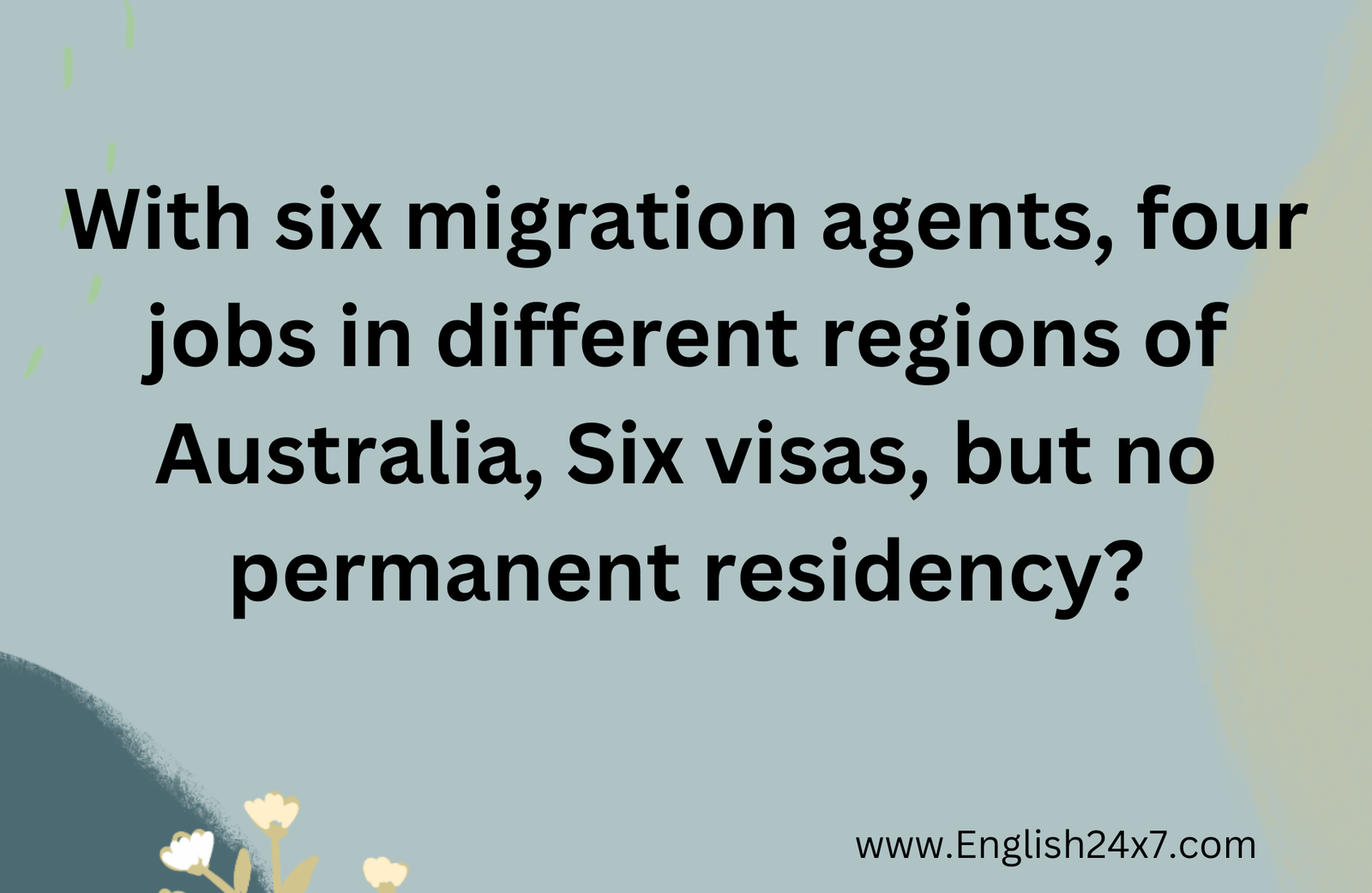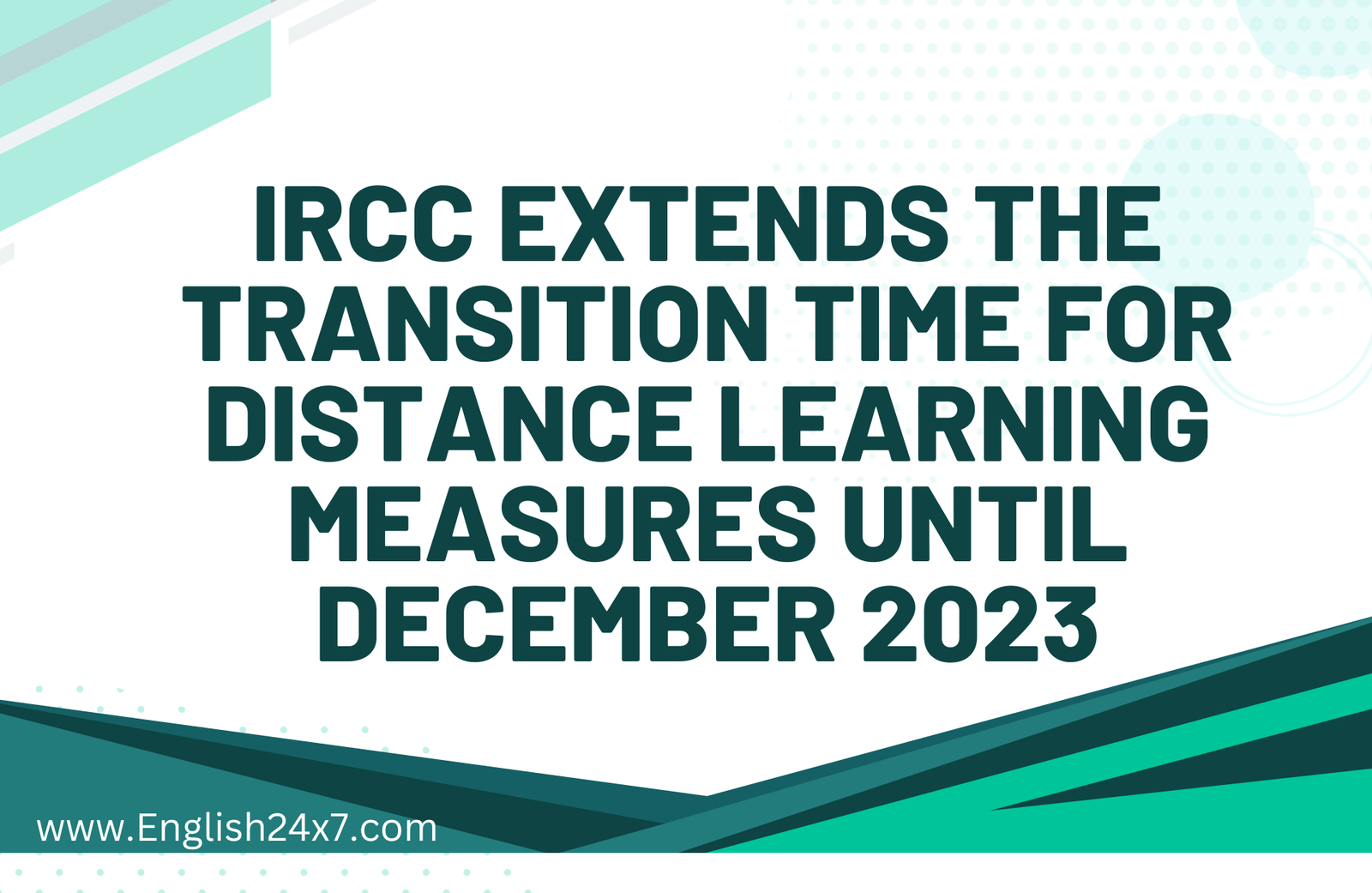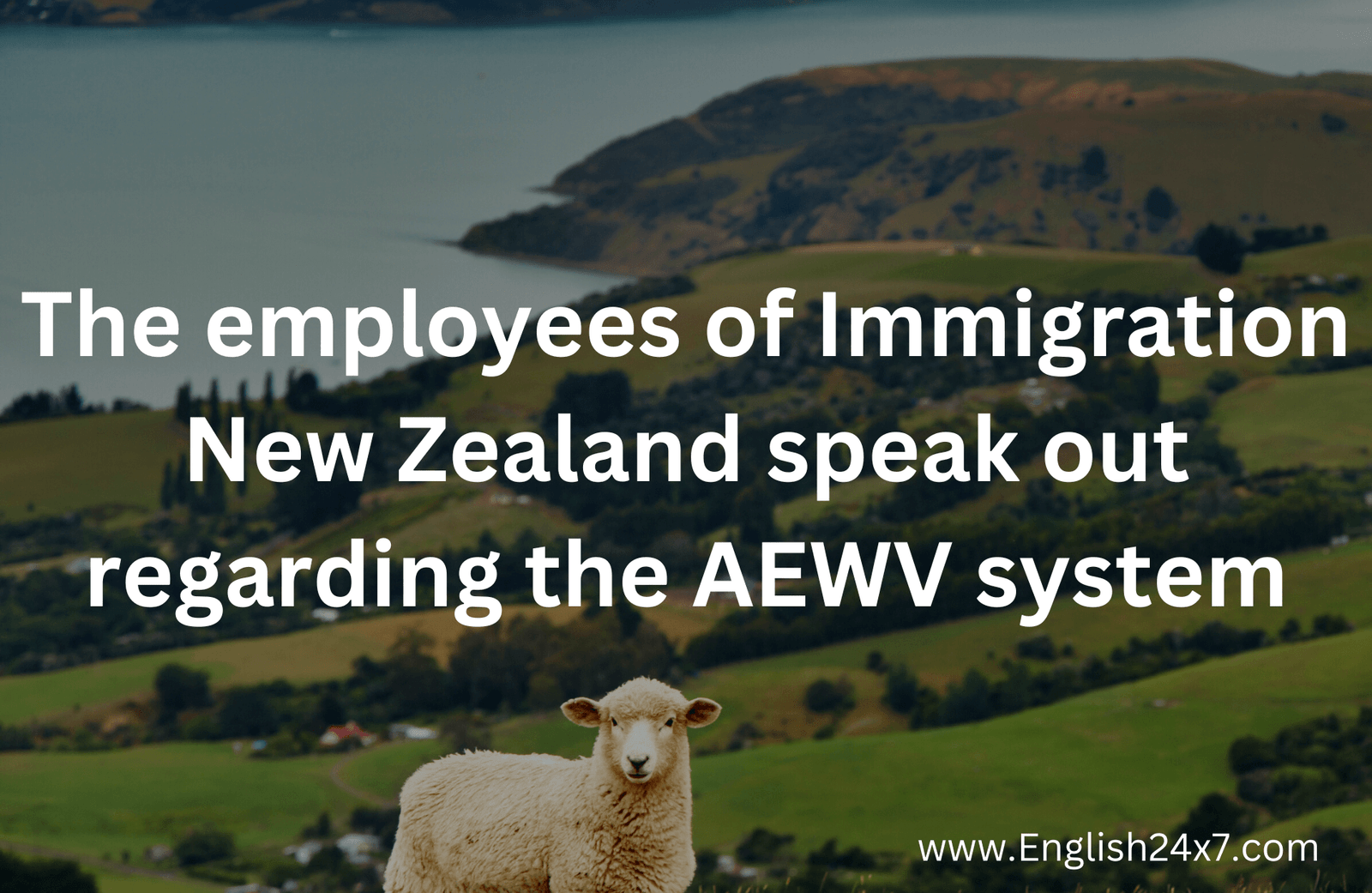
With six migration agents, four jobs in different regions of Australia, Six visas, but no permanent residency?
Mohamed Farshan Mohamed Fairoos, a Sri Lankan, has spent $70,000 on visas, migration brokers, and four temporary jobs in the region without any closer to his goal of permanently residing in Australia.
From Kangaroo Island to Thursday Island, from the Victoria wine region to the New South Wales southern highlands, Fairoos has worked in the hospitality industry everywhere he's lived.
Fairoos claims that during his time working on temporary work visas, he witnessed racism from sponsor employers, wage theft, arbitrary terminations, and an employer asking for sexual favours from a migrant worker in exchange for residency.
For $20,000, one agent offered him a position that would provide him permanent residency.
According to Fairoos, "everyone gets a piece of that pie," including both the migration agent and the sponsoring employer.
There were 252 complaints made against licensed immigration agencies in the last fiscal year, and 13 were fined.
There have been 3,000 complaints filed against businesses and sponsors in 2019.
An official from the Department of Home Affairs reported that, as of January 31st, 226 out of 20,219 active sponsors had been sanctioned. This is a 13% increase over the previous year.
According to Migrant Workers Centre CEO Matt Kunkel, Fairoos' suffering is not unique in a system that "overpromises and badly underdelivers."
Kunkel believes that reports to the regulatory body are only the beginning of the problem.
Individuals in situations where their employers have control over their passport and paycheck may find it difficult to make positive changes.
Fairoos has questioned why his employment history in regional locations is not taken into account as a whole rather than having to be reestablished with each new visa.
Fairoos was around three years into his stint in rural Victoria when the company's ownership changed, and the new owner flat out refused to back him financially.
Fairoos alleges he was terminated because he advocated for migrants to report wage fraud. His company refused to help him complete the permanent residency application after two years.
There was no response to his complaints from Fair Work Australia, his union, or the Office of Migration Agents Registration Authority. In 2018, after being away for two years, he moved back to Australia. He says that many people are afraid to speak up.
Because of their fear, they put work long hours for free while being taken advantage of and lied to.
According to Kunkel, the current system makes it challenging to prosecute migrant labour.
He notes that in many cases, workers are "tethered to their employer," and that if their work is terminated, they have only 60 days to find a new sponsor or leave the country.
Many migrants are forced to leave the nation before they can seek justice, even in the most heinous and cut-and-dry examples of wage theft or other abuses.
The government's migration reform agenda, which includes migrant worker exploitation and the visa backlog, was discussed at length on February 28 in Canberra, during a meeting attended by representatives from industry, civic society, and trade unions.
To make Australia's migration system a strength for the country once more, "we will progress change in a tripartite approach, working alongside industry and unions," Giles said.
Fairoos, his certified public accountant wife, and their newborn son have been living in the United States since January 2022 on her 485 temporary graduate bridging visa while he waits for a 491 skilled work regional visa.
If he is granted the visa, he will be required to work in the region for another three years, but he will no longer be dependent on a sponsor employer, will be allowed to choose careers, and will have an easier time obtaining permanent citizenship.
His supervisor is "honest" and "doing the right thing by me," and he appreciates that, but "there appears to be no end to this."
I don't understand why I keep getting work permits from the Australian government if I'm not qualified to be a citizen. Why doesn't my local employment history matter?







